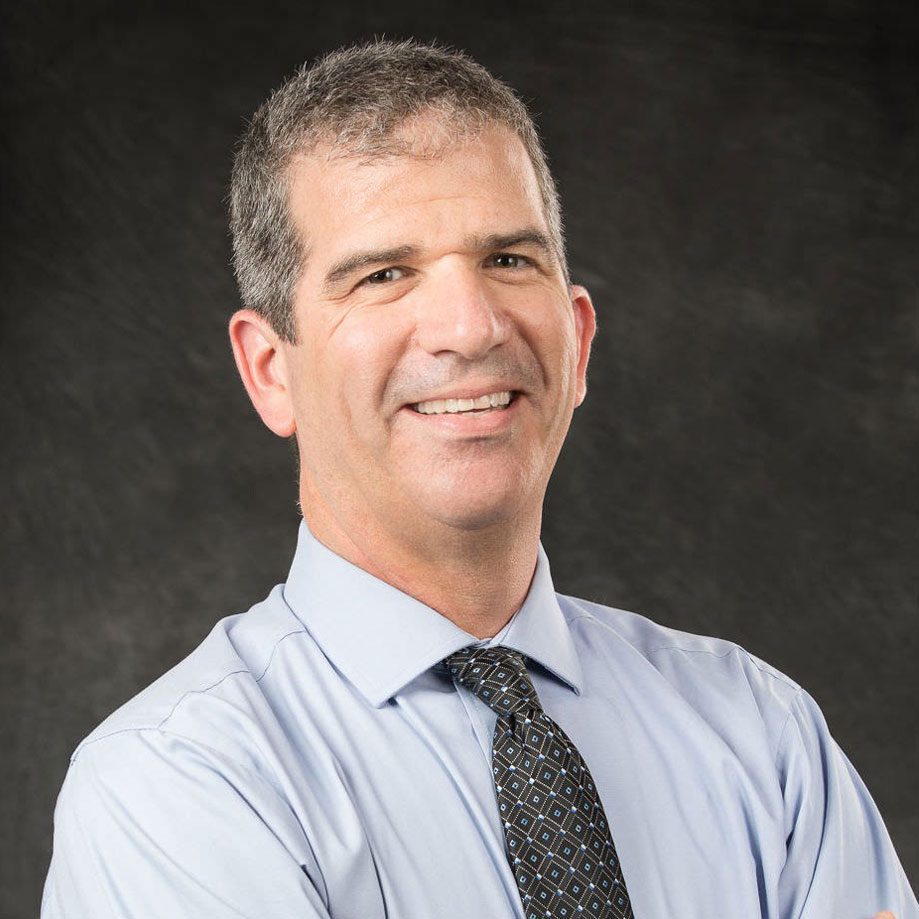Each November, and occasionally in May or June, someone from the Finance Committee drags out the “OMG We Have No Money” letter. It’s a typical plea to help keep the church’s lights on so that we can stop cutting ministry.
We do this because we have done it before and, sometimes, we see a bump in giving.
This letter does more harm than good, and I strongly encourage discontinuing it. But what about the funding gap?! Don’t worry, I will give you a better alternative to grow funding to your ministry.
The “No Money” letter is popular because it does generate a few gifts allowing organizations to survive another season. These gifts tend to come from the same faithful people who love the church deeply and fear that perhaps it could go out of business. They give out of fear and obligation—far from joyful giving.
This letter assumes that you have a money problem. I don’t think that’s really your problem.
Money is a lagging indicator. It reveals that a problem exists, but itself is not the problem. Rather, it is most likely a motivation problem: by and large, the congregation is not excited to support your ministry. People must be inspired to give generously. When giving only to keep the lights on, church leadership is giving the impression that ministry is barely holding on. With this perception, givers tend to hold back from what they are actually capable of giving—or they will give those funds to other organizations they believe are on better financial footing or making a bigger impact.
Inadvertently, this letter has the potential to offend your most generous donors. This happened to me one year. My wife and I increased our giving significantly to our congregation one year; then, a few months into our new giving, we received a message that the church was “running out of money”. I was left wondering why everyone else in the congregation was holding back while we had already increased our giving so much. It turned out, when research was done, that most of the congregation had actually joined me in more generosity, but one member who gave $22,000 per year had passed away and no longer was giving. Had the letter mentioned this, the misunderstanding about my own congregation’s enthusiasm for our shared ministry could have been avoided.
This “No Money” letter reminds me of the disciples right before Jesus fed the 5,000. The disciples claim there isn’t enough food for all these people. Jesus tells them to have the crowd sit down and see what is available. As food was shared, not only was there enough for all, but an excess of leftovers was gathered.
Maybe your Finance Committee is deeply committed to the “No Money” letter. Change can be difficult. If that is the case, agree that they can send this letter only after they do the following:
- Determine why giving is behind. Is it one donor, or is it everyone? It could be the timing of a really large gift that always comes in at the end of the year.
- Each member of the Finance Team must commit to making an additional gift, over and above their normal giving and witness to that fact in the letter. This way, instead of saying, “Hey, you all should give more”, they are saying, “Join us in generosity.”
- Be sure that each member of the Council is current on their giving and they also agree to an extra gift that is significant according to their means. The total increase of this generosity needs to be witnessed in the letter. A statement like, “Each member of the Finance Team and Congregational Council have agreed to increase their giving for this year with the average increase being $625 for a total increase of $13,050 toward our shortfall of $17,000. Please join us in caring for our shared ministry.”
- Remind people in this letter of the impact that the ministry has on people’s lives. Basically, this letter needs to be grounded in the outcomes of the ministry.
Every communication is important. If we want to create a culture of abundance, we must take care that we don’t ruin that with a panic letter that reinforces scarcity thinking.



